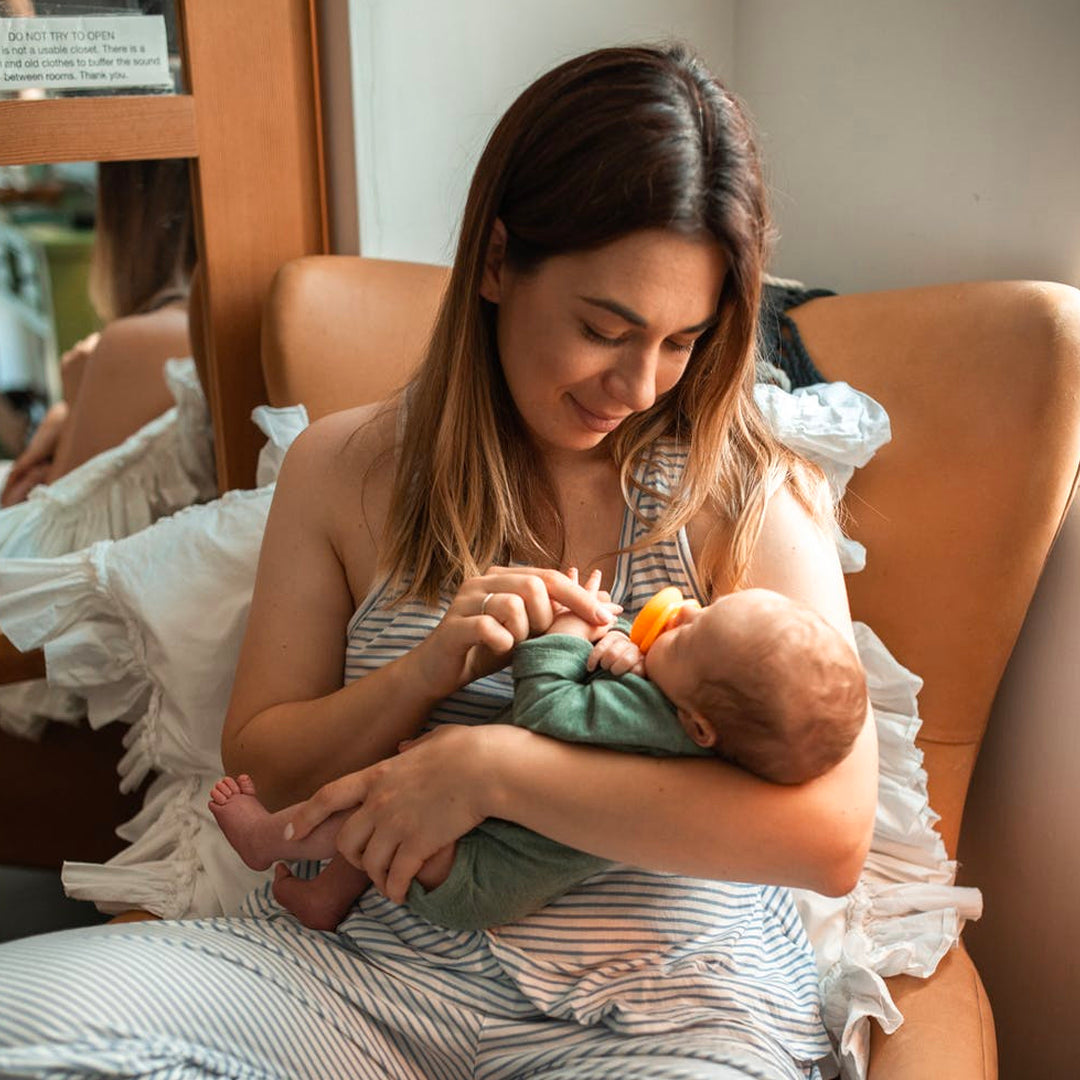How to Talk to Your Children About Coronavirus
Are you struggling to talk to your children about COVID-19? We have some practical advice on how to have a conversation with your little ones about what’s happening.
Timing is important
When you talk to your children, choose a time that is calm and relaxed. You know your child best, so whether you have one or multiple children, think about whether to talk to them together or separately. This way, you can adjust your approach and focus on their individual concerns.
Bedtime may not be the best time for this conversation, as little minds tend to wander before sleep. Discussing serious topics when children are tired can overwhelm them and disrupt their sleep routine.
Use age-appropriate language
Be mindful of the words you use to avoid scaring your child. Using child-friendly phrases like, “Germs can make us feel a little sick, which is why we need to wash our hands regularly,” helps explain the virus in a way that is easy to understand—without unnecessary fear.
Acknowledge what is happening
Explain that everyone is staying home right now, including family members, which is why they can’t visit grandparents or go to school. Simple explanations like, “The playground is closed, but we can still go for a walk,” help children understand without focusing too much on the disappointment.
Listen and address anxieties
If your child expresses worry, acknowledge their feelings. While it’s important to keep your own anxieties in check, it’s okay to let them know you sometimes feel worried too. The American Academy of Pediatrics (AAP) recommends teaching children simple ways to stay healthy, such as covering coughs and sneezes with tissues and washing hands for at least 20 seconds. This can help them feel more in control and ease their concerns.
Focus on what we CAN do
Shift the conversation from what’s not possible to what is. Instead of, “We can’t go to the playground,” try, “We can play in the backyard or have a movie night.” If they miss grandparents, suggest making a homemade card or scheduling a video call. Reframing the discussion with positive alternatives can make a big difference.
Be honest but avoid making promises
Since we don’t have a clear timeline for when things will return to normal, it’s best to be honest and say, “We’re not sure how long this will last, but we know things will get better soon.” Avoid making promises you can’t keep, as this could lead to disappointment later.
Everyone is adjusting to this new reality, and we’re all learning as we go. The best thing we can do is keep the conversation open, encourage questions, and maintain a positive outlook. Lots of love, laughter, and cuddles will help provide comfort and reassurance.
Baa for now! x






